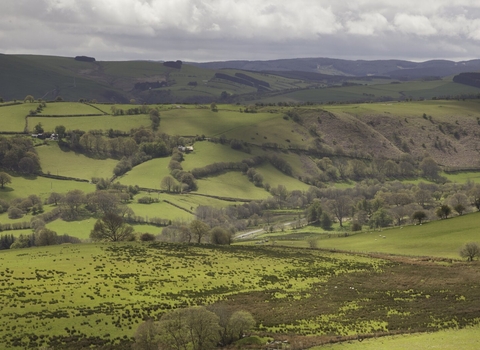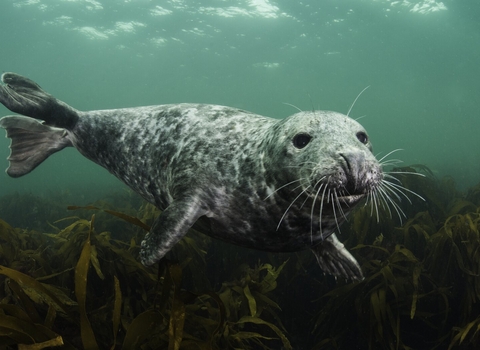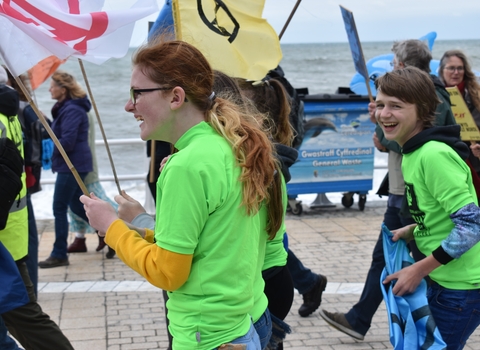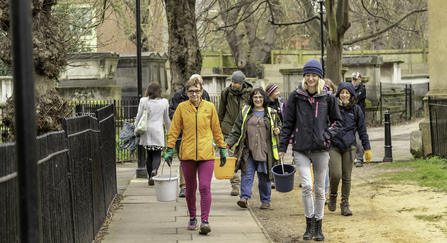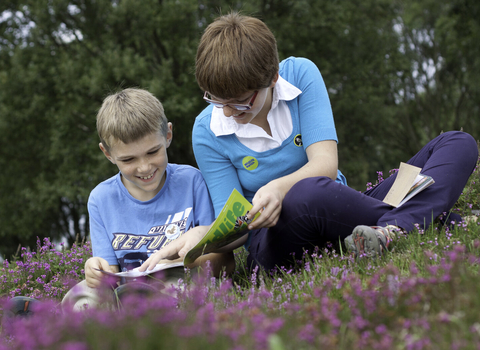Our Natural World
We can no longer ignore the fact that we have lost over half of all the biodiversity on Earth.
Wales has become one of the most nature-depleted nations in the world with 17% of species in Wales at risk of extinction. These are dramatic rates of decline that may lead to the extinction of 40% of the world’s insect species over the next few decades – these insects not only pollinator our crops but also are the basis of the food chain.
The coronavirus pandemic has been linked to human incursions into natural habitats, biodiversity loss, and ecosystem degradation, which is enabling virus transition from animals to humans possible.

